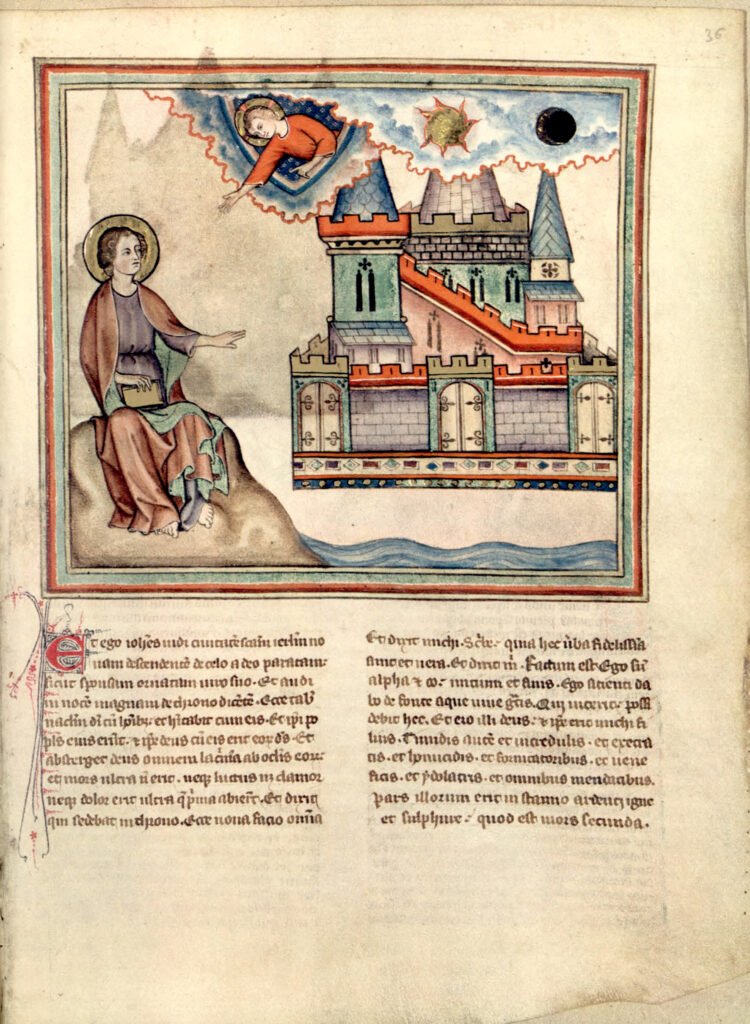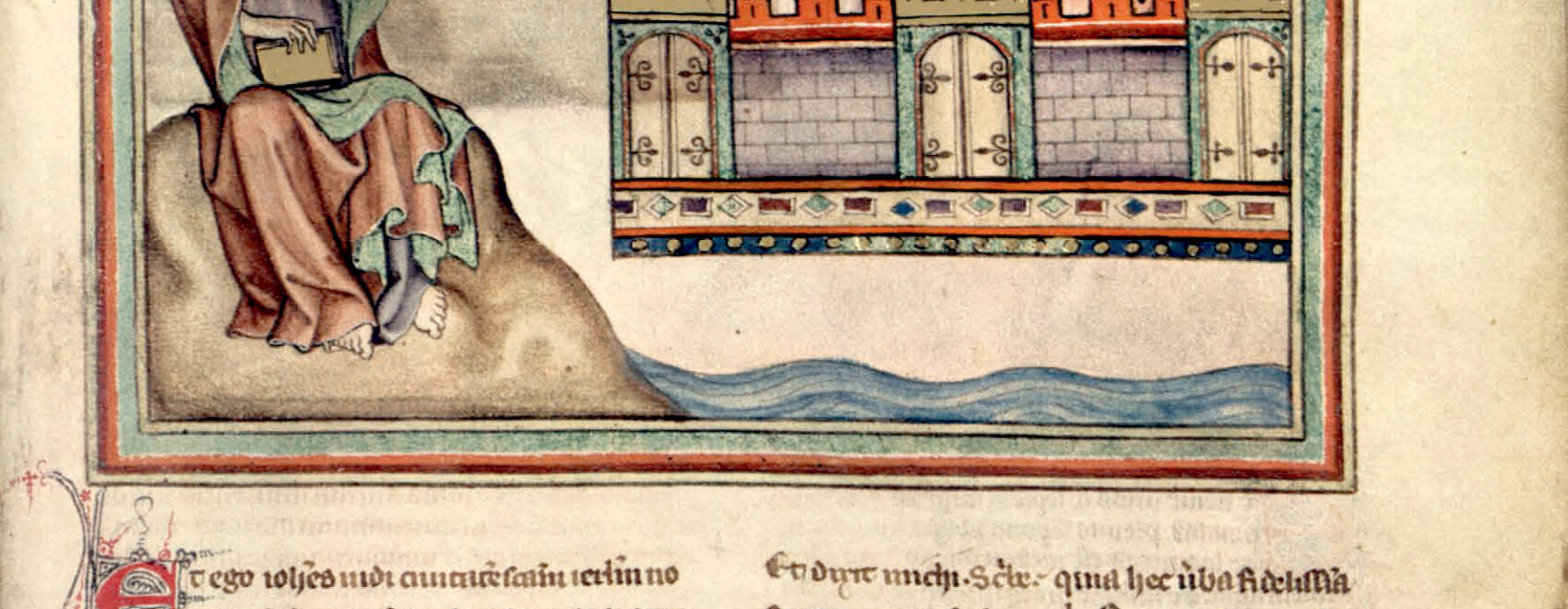
Dear Parishioners and Friends,
Charles Dickens was the author of A Tale of Two Cities, an 1859 historical novel set in London and Paris before and during the French Revolution. Today, I’d like to reflect on a tale of three cities – actually many more, given the tenor of the times. Jerusalem, Mariupol, Buffalo: three cities that represent the best of times and the worst of times, to quote the opening sentence of Dickens’ tale.

For the past two Sundays, the readings from the Book of Revelation have presented us with images of a beautiful city, the heavenly Jerusalem. Last Sunday we heard these comforting words: “[God] will wipe every tear from their eyes, and there shall be no more death or mourning, wailing or pain…” Today, we hear these words: “The angel … showed me the holy city Jerusalem, coming down out of heaven from God … The city had no need of sun or moon to shine on it, for the glory of God gave it light, and its lamp was the Lamb.”
We know, of course, that the earthly city of Jerusalem has been the scene of war, destruction, religious and political conflict for centuries. Tensions between Israelis and Palestinians continue to play out on its streets even today. And yet, the vision that St. John experienced in the Book of Revelation places Jerusalem at the heart of God’s compassionate and enduring relationship with believers of every age. Reconciling these two images that stand in such stark contrast to each other is difficult at best.
The other cities pictured on today’s bulletin cover are Mariupol in Ukraine and Buffalo, NY. Since the invasion of Ukraine back in March, Russian military forces have devastated many cities in Ukraine, and Mariupol is one which has suffered immense wanton destruction. Millions of Ukrainians have been displaced and thousands have died in the process. And for what? The world has been stunned by the brutality of the invasion and we can only admire the courage and fortitude of President Zelensky and the people of Ukraine for their determination to defend their country.
I was deeply saddened to hear the news a week ago of yet another domestic terrorist attack in one our own cities — Buffalo, my home town. The fact that the alleged shooter travelled some distance to carry out his hideous attack, and had made detailed plans to carry it out, only makes it worse. Innocent people, just doing a little weekend shopping, were suddenly caught in the crosshairs of a young, angry, radicalized white man not even old enough to purchase a beer, but old enough to buy an assault rifle.
So, how do we attempt to reconcile the beautiful words of Scripture in light of the painful reality we face in our own time? The challenge is made even more difficult when we include the words of Jesus to his disciples in today’s Gospel: “Peace I leave with you; my peace I give to you … Do not let your hearts be troubled or afraid.” I am sure that we all feel troubled and afraid; afraid for our world and our country. The past several years have brought to light deep and dark divisions within our nation, especially the sins of lies, racism and hatred towards anyone or anything with whom we don’t agree.
I am pleased that our Women of Hope have organized an evening of reflection called “Mourning and Mending: Choosing Hope in Uncertain Times” to be held on Tuesday, June 7th. The question has been posed: How do we heal, and look toward a future of greater wholeness? An answer has been offered: “Drawing on the wisdom in our Scriptures, and reflecting on our own lived experience, we will explore how both ‘grieving’ and ‘repairing’ are essential to that process.”
May we, as a community – world, national, ecclesial and local – try to find the means to heal our divisions as we implore the power of the Holy Spirit, the Advocate, who can teach us everything, if we but allow it to happen.
Blessings on your week ahead.
Fr. Tim Shreenan, O.F.M.
Pastor

